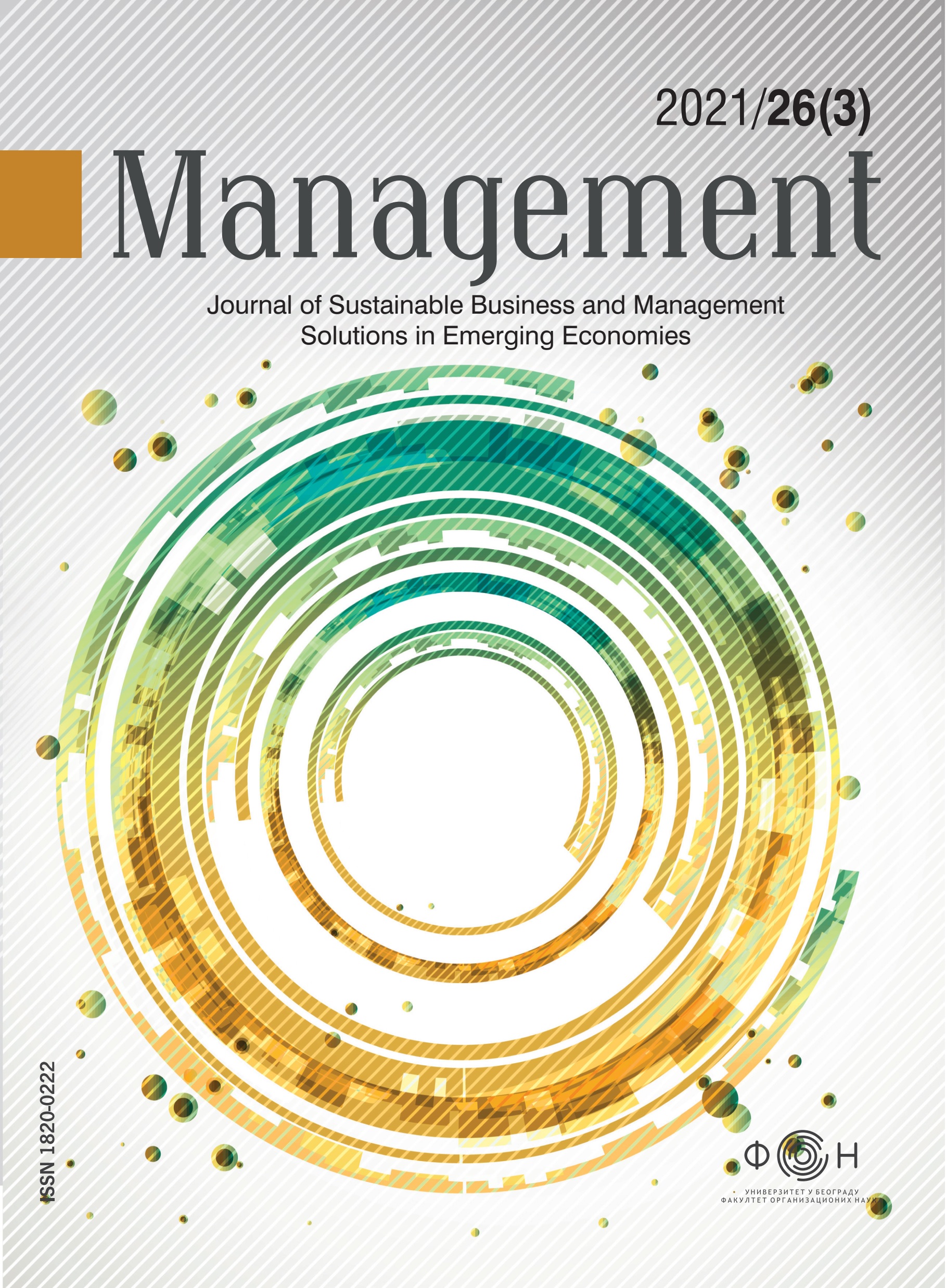Taxation and Dividend Payout: The Case of the Republic of Serbia
Taxation and Dividend Payout: The Case of the Republic of Serbia
Author(s): Biljana Jovković, Stefan VržinaSubject(s): Financial Markets, Public Finances, Accounting - Business Administration
Published by: Fakultet organizacionih nauka Univerziteta u Beogradu (FON)
Keywords: dividend;ividend policy;divdend payout ratio;corporate income tax; dividen tax;
Summary/Abstract: Research Question: The paper investigates the relationship between taxation and dividend payout decisions of companies in the Republic of Serbia. Motivation: Including taxation in dividend policy discussion may allow for better understanding of decisions of companies to pay dividends. Prior worldwide research results on the impact of taxation on dividend policy are inconclusive, often contradicting and cannot be universally accepted. Despite abundant research in previous decades, the key drivers of dividend policy of companies are still unknown and there exists a so-called dividend puzzle. In addition, the research on dividend policy of companies in transition countries (including the Republic of Serbia) is relatively scarce. On the other hand, research in transition countries is important as transition countries have a significantly lower level of capital market efficiency and liquidity, having a lower number of joint stock companies and a lower number of companies that regularly pay dividends. Idea: Since tax burden may be a significant obstacle for companies to pay dividends, it may be relevant to research into whether corporate income tax burden has an impact on dividend payout ratio of companies, as well as the impact of dividend tax that shareholders have to pay on the dividend payout. Data: The study captured 23 companies listed on the Belgrade Stock Exchange between 2013 and 2018 that paid dividends in at least one year. In total, the research involved 92 dividend payouts. Research data have been retrieved from the Business Registers Agency of the Republic of Serbia. Tools: Research hypotheses are tested using EViews and IBM SPPS software. Statistical methods included descriptive statistics, correlation and regression analysis, as well as non-parametric statistical tests for independent samples. Findings: The analysis shows that corporate income tax does not impact a dividend payout ratio of companies, indicating that companies do not consider the corporate income tax when deciding on dividends, mostly due to the effective tax rates being considerably lower than the statutory tax rate of 15%. Also, statistical tests show that the dividend tax does not impact the dividend payout ratio, as there is no significant difference in the dividend payout ratio between companies whose largest shareholder is high taxed and companies whose largest shareholder is low taxed. Contribution: Research results may be of interest for company management when designing the dividend policy as well as for investors when deciding on shares investment in accordance with their tax preferences.
Journal: Management: Journal of Sustainable Business and Management Solutions in Emerging Economies
- Issue Year: 26/2021
- Issue No: 3
- Page Range: 35-46
- Page Count: 11
- Language: English

